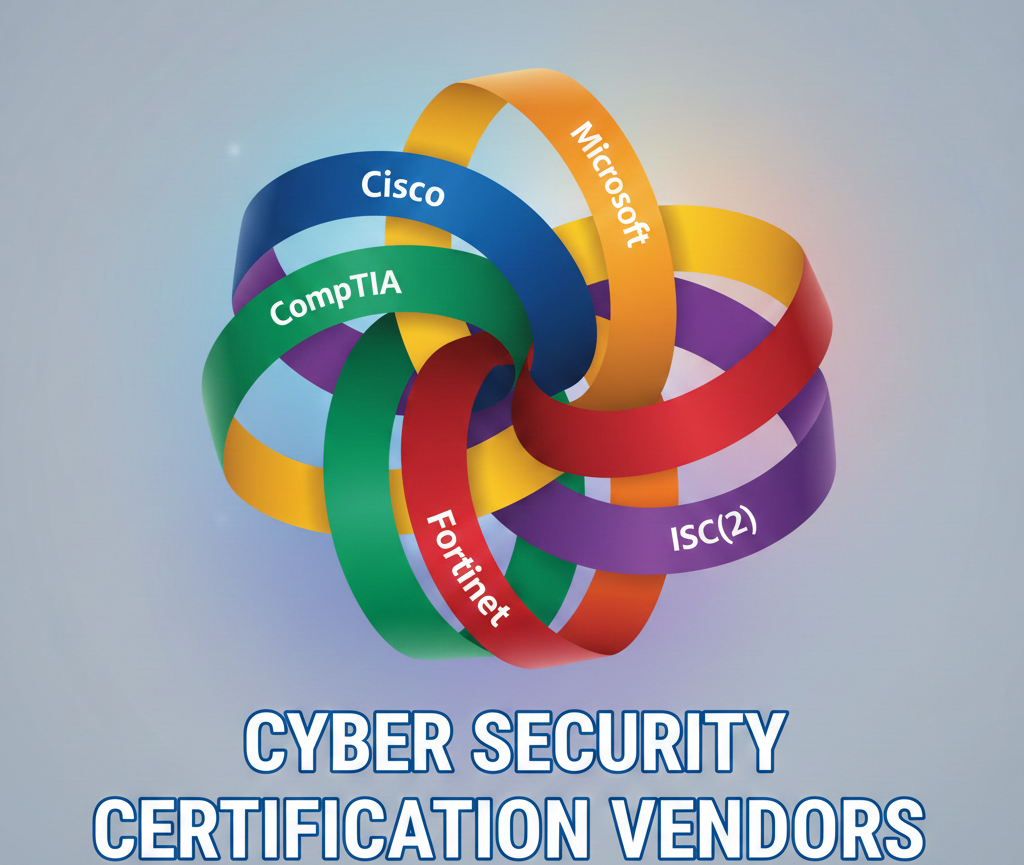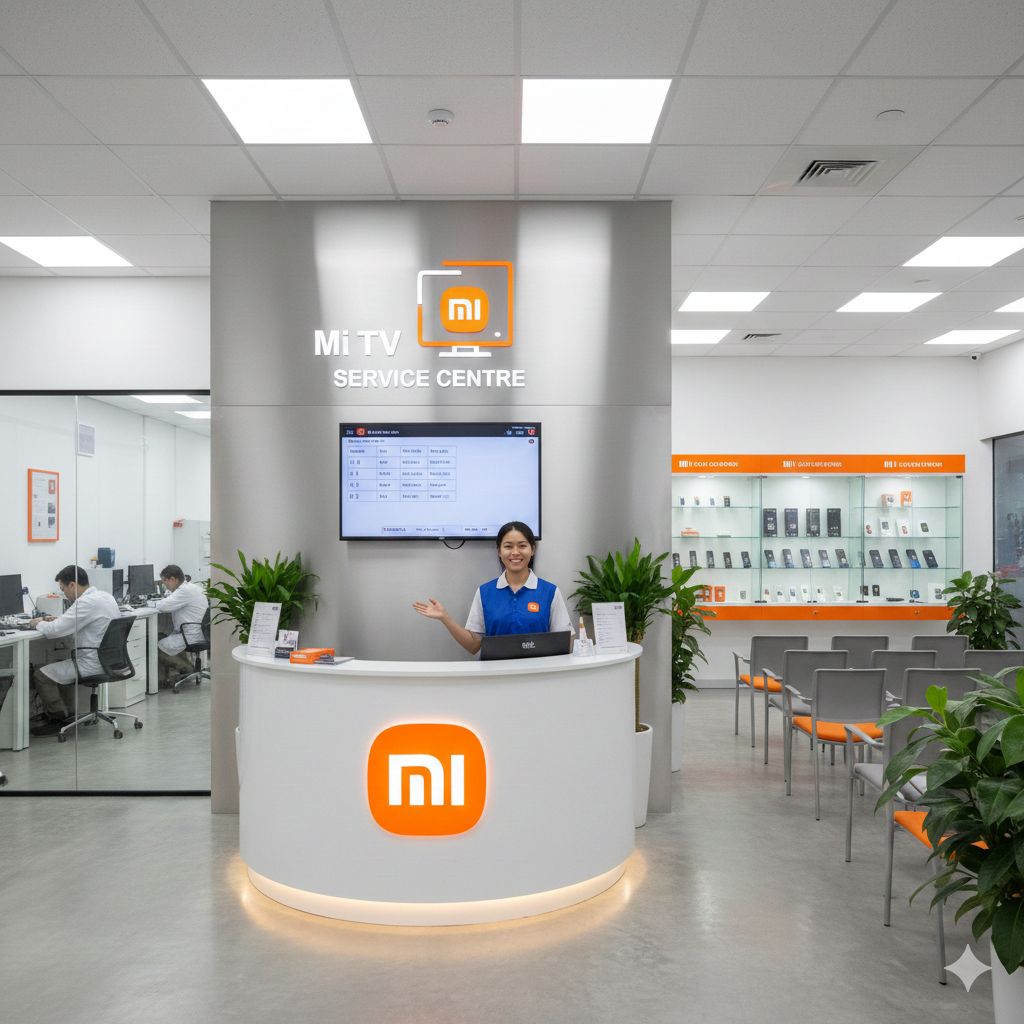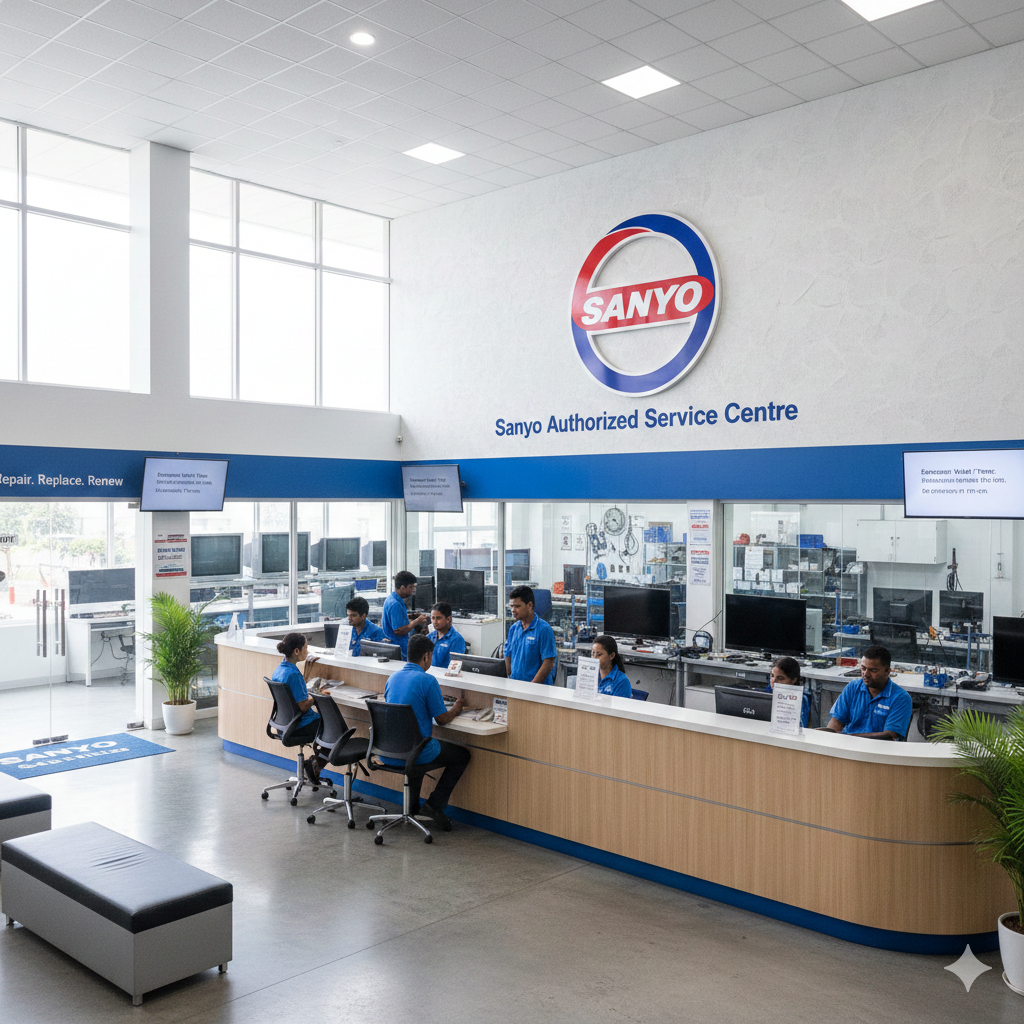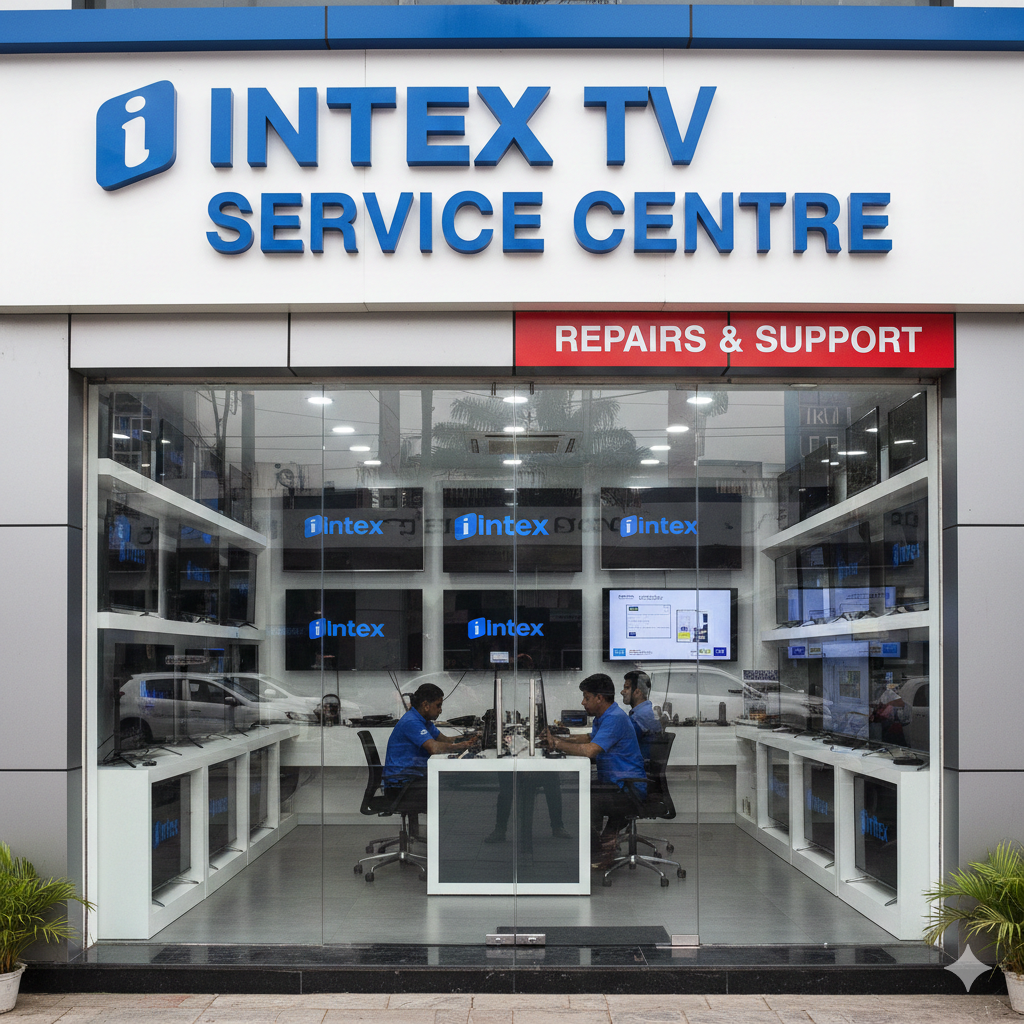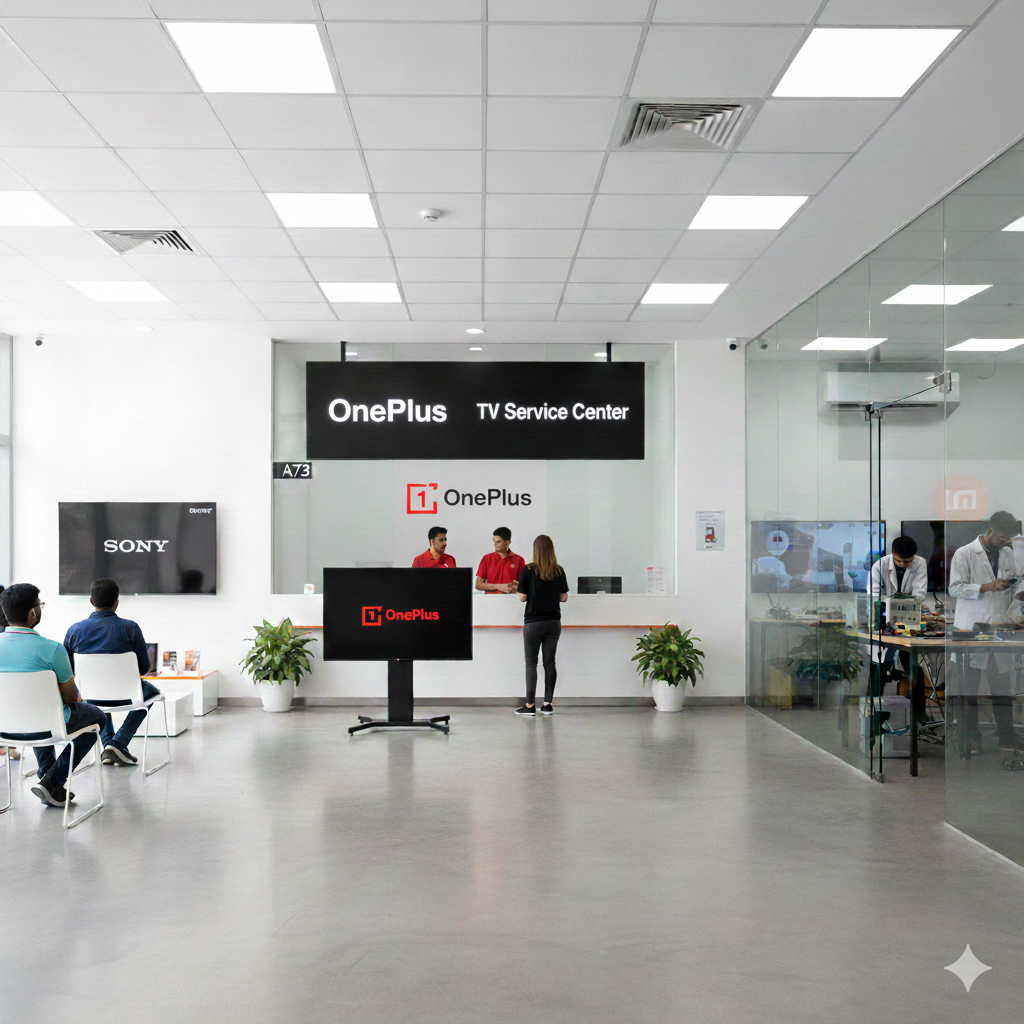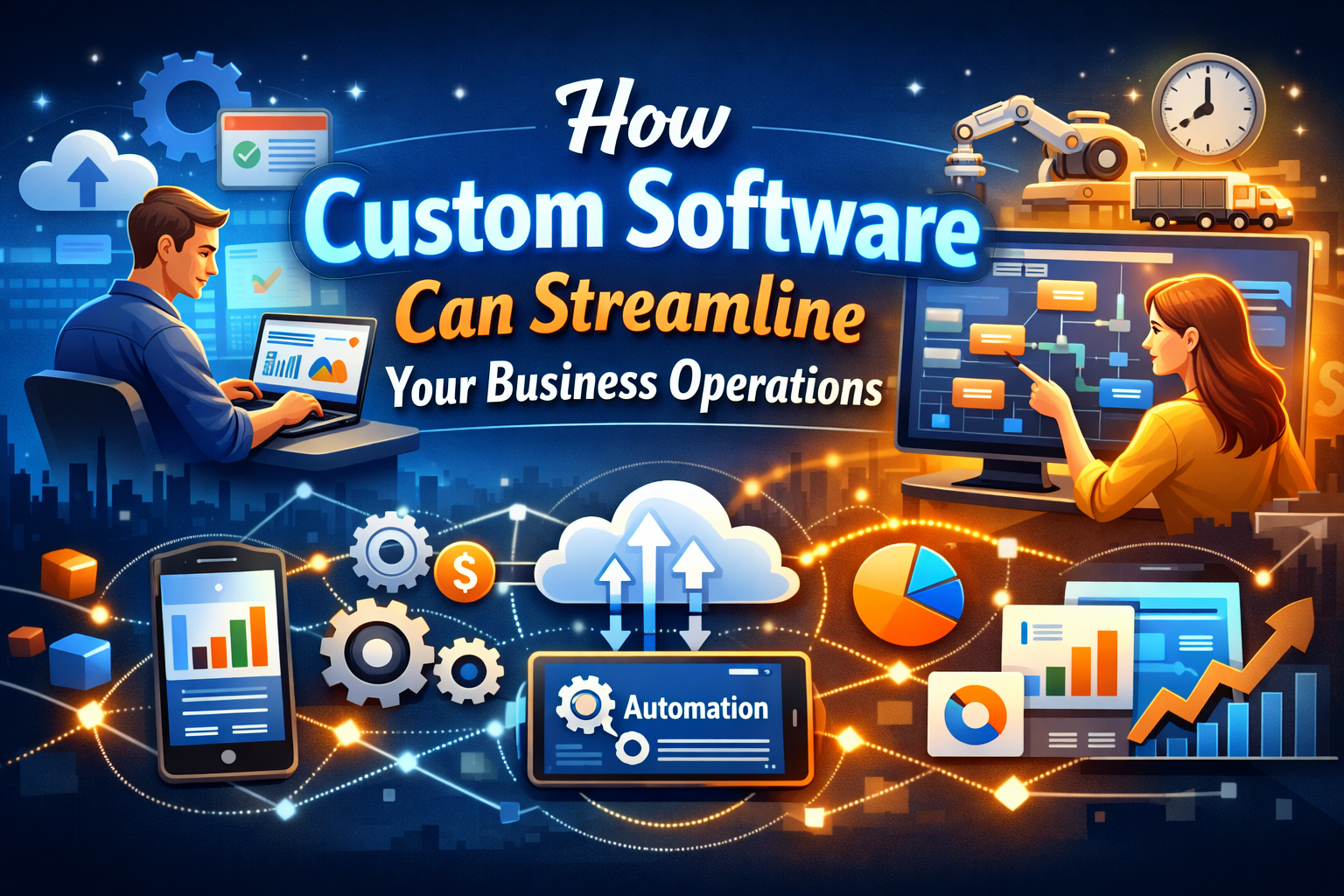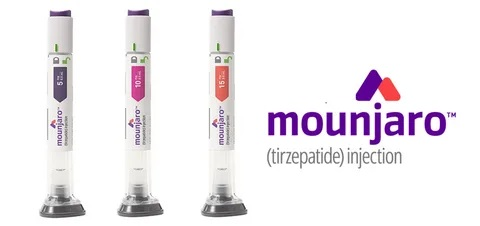Boost Performance: The Power of a Dedicated Linux Server

A dedicated Linux server is an ideal solution for businesses and developers seeking superior performance, enhanced security, and complete control over their hosting environment. Unlike shared or virtual hosting solutions, a dedicated server provides exclusive access to resources, ensuring stability, customization, and high-speed processing capabilities. Whether managing a high-traffic website, running complex applications, or handling sensitive data, a Linux-based dedicated server offers a robust foundation for achieving optimal efficiency.
Performance Advantages of a Dedicated Linux Server
1. Unmatched Processing Power and Speed
A dedicated Linux server delivers exceptional processing power because all resources are allocated to a single user. Without the constraints of shared hosting, businesses benefit from:
- Faster load times for websites and applications
- Reduced latency for real-time processing
- Efficient handling of high traffic volumes
The stability and performance improvements significantly impact user experience, ensuring seamless functionality for critical business operations.
2. Scalability for Business Growth
Unlike shared hosting, where resources are divided among multiple users, a dedicated server provides the flexibility to scale resources as needed. This means businesses can upgrade processing power, storage, and bandwidth without affecting operations, making it ideal for growing enterprises.
Security Benefits of a Dedicated Linux Server
3. Enhanced Security and Data Protection
Cybersecurity threats continue to evolve, making data protection a priority for businesses. A dedicated Linux server offers superior security features, including:
- Exclusive access, reducing the risk of unauthorized intrusions
- Custom firewall configurations for advanced threat prevention
- Regular security updates and patches to address vulnerabilities
Since Linux is known for its strong security architecture, it further minimizes potential security breaches compared to other operating systems.
4. Isolation from Other Users
On a shared server, security risks increase due to multiple accounts operating within the same environment. A dedicated server eliminates these risks by providing an isolated infrastructure, ensuring that external vulnerabilities do not impact performance or compromise data integrity.
Customization and Control
5. Full Root Access and Software Customization
One of the primary advantages of a dedicated Linux server is the ability to customize configurations based on business needs. Full root access allows users to:
- Install and modify software applications
- Configure system settings for optimized performance
- Implement security protocols tailored to specific requirements
This level of control ensures that businesses have the flexibility to manage their server environment efficiently.
6. Operating System and Application Freedom
With a dedicated server, businesses can choose from various Linux distributions, such as Ubuntu, CentOS, Debian, or Fedora. Each distribution offers distinct features, allowing users to select the best OS for their specific requirements. Additionally, custom applications can be installed without restrictions, providing a tailored experience.
Reliability and Stability
7. Uptime and Performance Consistency
Reliability is crucial for any business operating online. A dedicated Linux server provides exceptional uptime due to:
- Exclusive resource allocation, preventing slowdowns from other users
- Optimized server configurations to maintain performance stability
- Reduced hardware failures with dedicated infrastructure
Many hosting providers offer Service Level Agreements (SLAs) that guarantee uptime, ensuring that businesses experience minimal disruptions.
8. No Resource Sharing Constraints
Shared hosting environments can experience slowdowns during peak traffic hours due to multiple websites drawing from the same resource pool. With a dedicated server, users experience consistent performance, regardless of traffic surges or workload intensity.
Cost Efficiency and Long-Term Investment
9. Reduced Long-Term Expenses
While a dedicated Linux server may have a higher initial investment compared to shared hosting, it offers cost advantages in the long run. Businesses benefit from:
- Lower security breach risks, reducing potential data loss expenses
- Improved website performance, enhancing customer retention and conversions
- Elimination of unexpected downtime, preventing revenue loss
Investing in a dedicated server ultimately translates to higher efficiency and improved business operations.
10. Open-Source Advantages of Linux
Linux is an open-source operating system, meaning there are no licensing fees for using the platform. Businesses can allocate resources toward performance enhancements rather than expensive software costs. Additionally, Linux offers a vast community-driven support system, ensuring continuous innovation and troubleshooting assistance.
Is a Dedicated Linux Server Right for Your Business?
Choosing the right hosting solution depends on business needs, growth projections, and security concerns. A dedicated Linux server is ideal for:
- E-commerce businesses handling sensitive transactions
- Enterprises requiring high-performance computing
- Developers needing customizable server environments
- Organizations with strict security and compliance requirements
The combination of stability, security, scalability, and customization makes a dedicated Linux server a powerful asset for businesses seeking reliability and control over their hosting infrastructure. By investing in a dedicated server, businesses gain a competitive advantage in the digital landscape, ensuring seamless performance and robust data protection.


 English
English 


